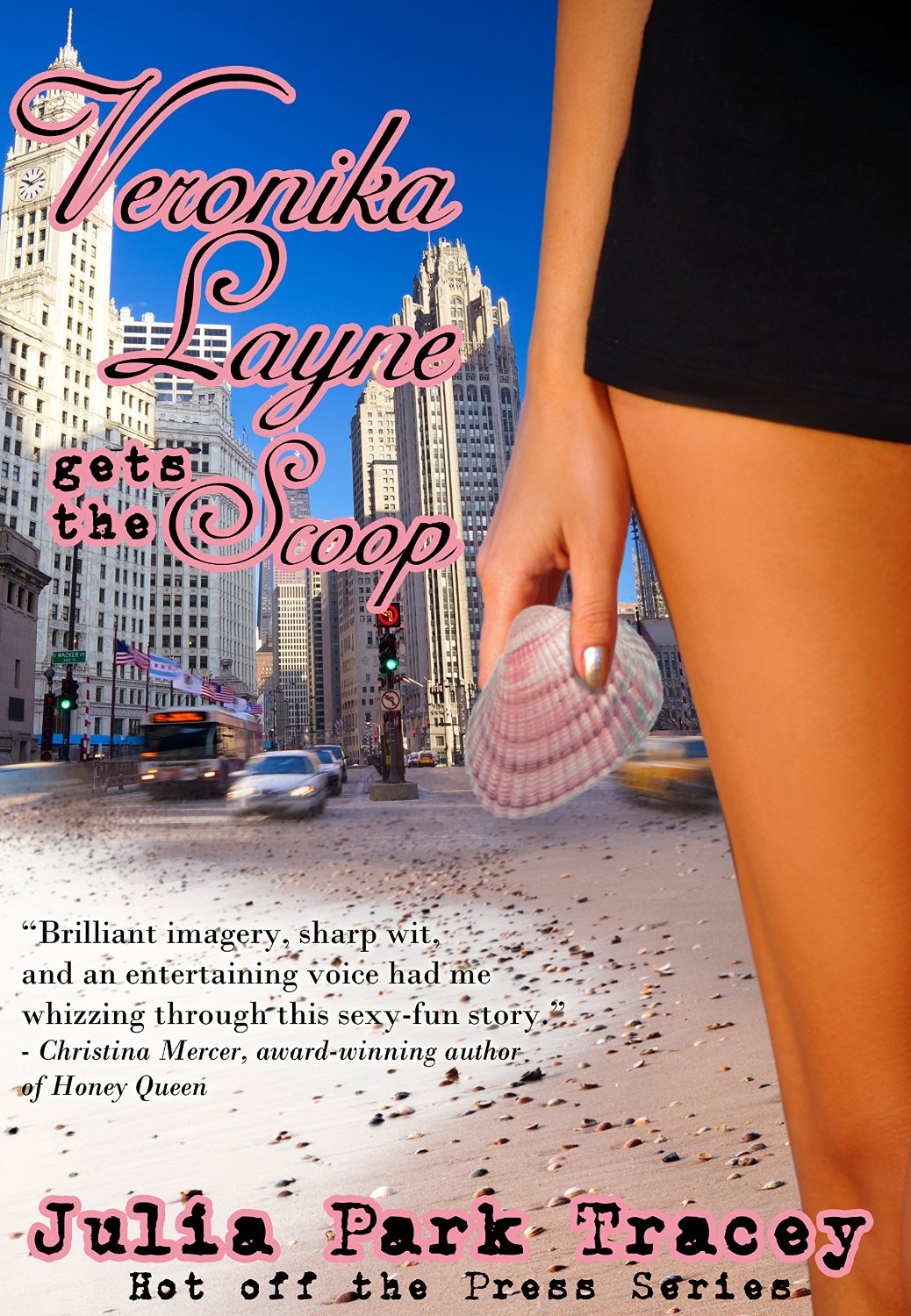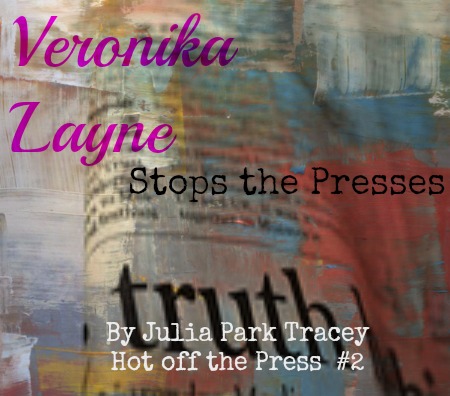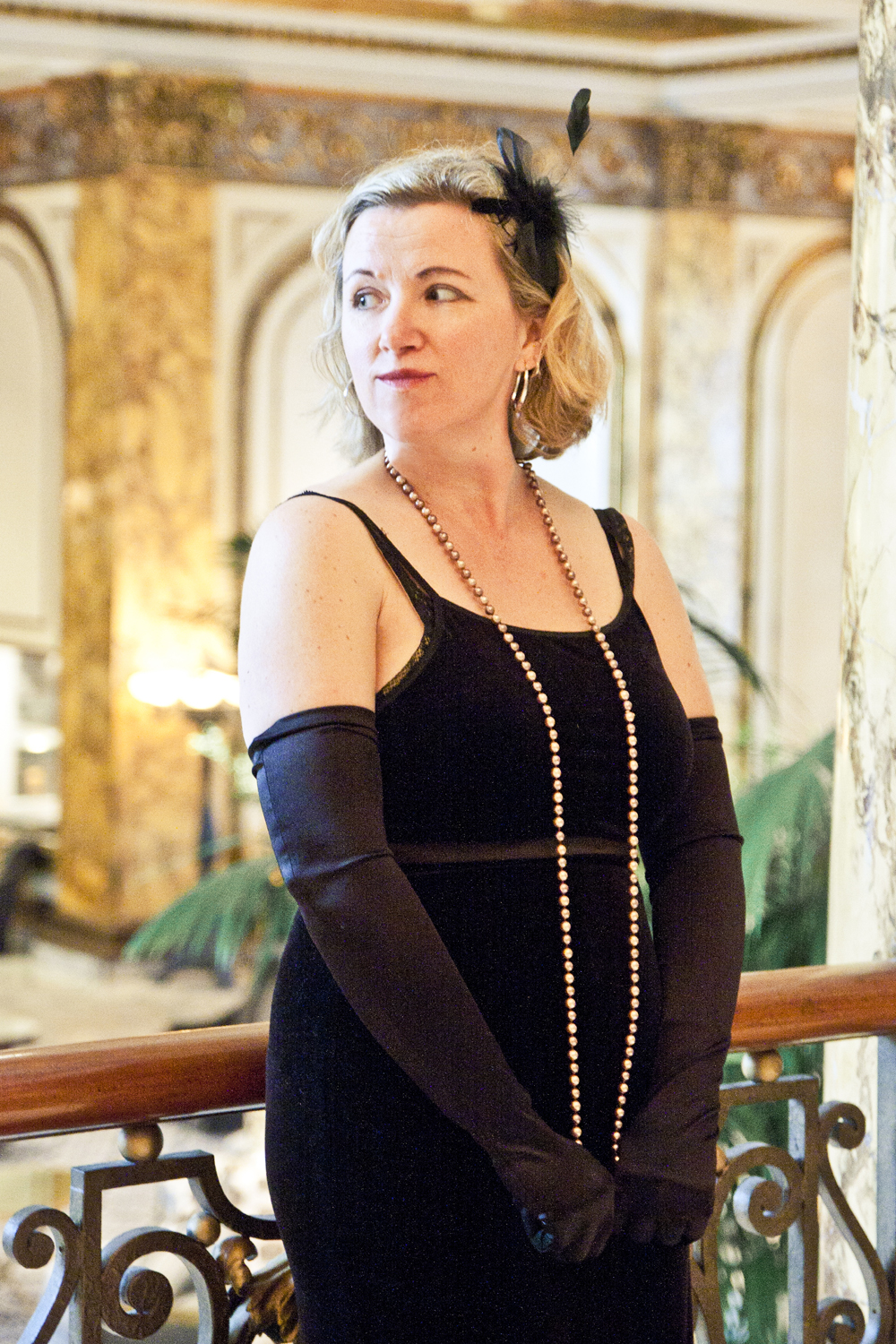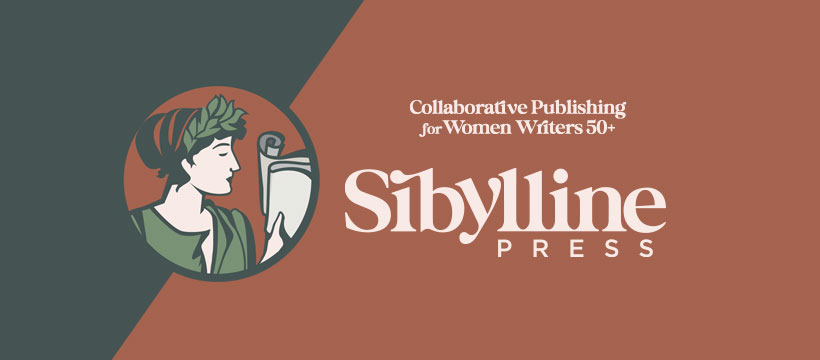indie pub
-
Third Time’s a Charm!
You know how it feels when your child attempts to do something, and you know it’s going to be difficult, but you stand back and watch her struggle anyway? And maybe she’s not so successful? And then she tries again, a few years later, and struggles, and is still not completely successful? You cheer her on no matter what, even though you have the gut feeling that she might not make it? That’s what it has felt like with my first novel, Tongues of Angels. This novel, TOA for short, was my creative thesis in grad school. My poor thesis advisor read it at least three times, and it was…
- appreciation, book biz, Books, indie pub, Portland, The Doris Diaries, Tongues of Angels, Uncategorized, Veronika Layne, work, writing
On the Road: How 10 of My Readings Went Wrong
Ever feel like a schmuck? I have the cure. In no particular order, here are some exciting or dreary adventures that happened to me whilst on the road or giving local readings. Feel better about yourself immediately upon reading! The bookstore owner giving the reading got my name wrong, my genre wrong, and said the novel (Tongues of Angels) was self-published when it small-press-pubbed. I may have been in the wrong place at the wrong time. (Read more about this memorable event here.) The Portland bar that was supposed to premiere the Rebel Girl cocktail for the Doris Diaries debut forgot and did not buy any of the ingredients. Disappointing,…
- authors, book biz, Books, indie pub, novel, Poet Laureate, poetry, quotables, Tongues of Angels, Uncategorized, writing
Poetry Corner — An Interview (from Sweatpants and Coffee)
“Poetry is kind of like Brussels sprouts,” a friend of mine said recently. “Some people love it and most people hate it.” I find this both funny and, sadly, true; sadly because I consider myself a poet – but it took a long time, a lot of work and even more encouragement by fellow poets and mentors to claim that title. The woman who made that tasty analogy is Julia Park Tracey, and she was recently named Poet Laureate for the city of Alameda, where she lives in California. In addition to being newly minted as Poet Laureate, Julia is also an accomplished editor and journalist, and has published books…
- book biz, Catching Up, gratitude, indie pub, marketing, News, novel, Poet Laureate, poetry, work, writing
Where I’ve Been
Everyone says, “Oh, I’ve been so busy.” I have, too, but in a low-key way. In January of this year, my brother-in-law Dennis was diagnosed with Stage 3 lung cancer. I had just made a rigorous plan for my books, writing, and marketing for 2014, and had gathered full momentum already. But I realized that some things are more important than writing blog posts or tweeting about my writing projects. So I put most of my work aside and made myself available to help. Dennis was a Vietnam veteran, in the 25th Infantry, 1969-71. He was just a kid, but he did his duty, was injured twice, earned two Purple…
-
Merry, merry month of May
I spent April in a frenzy of family activities, spring break, out-of-town visitors, and then playing catch-up, but when May 1 rolled around, it was nose-to-grindstone time. I am working a 31-day fast-draft challenge to finish my WIP, a genre chick-lit novel that is sexy romantic suspense. It will be released under the Scarlet Letter Press indie imprint in early summer under my pen name of Jae Bailey. More deets to follow. But trust me. It will be fun. News on Reaching for the Moon:More Diaries of a Roaring Twenties Teen (1927-1929) — the second Doris Diaries volume received an honorable mention at the San Francisco Book Festival. One of my…











